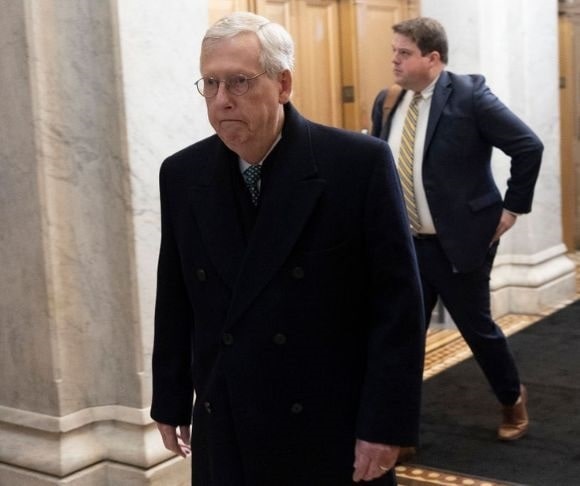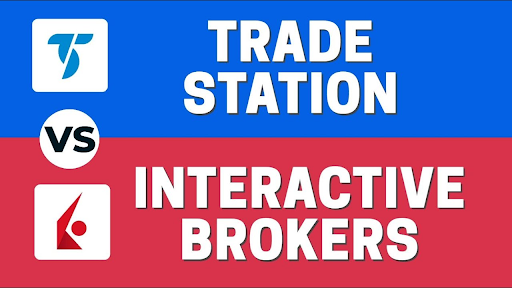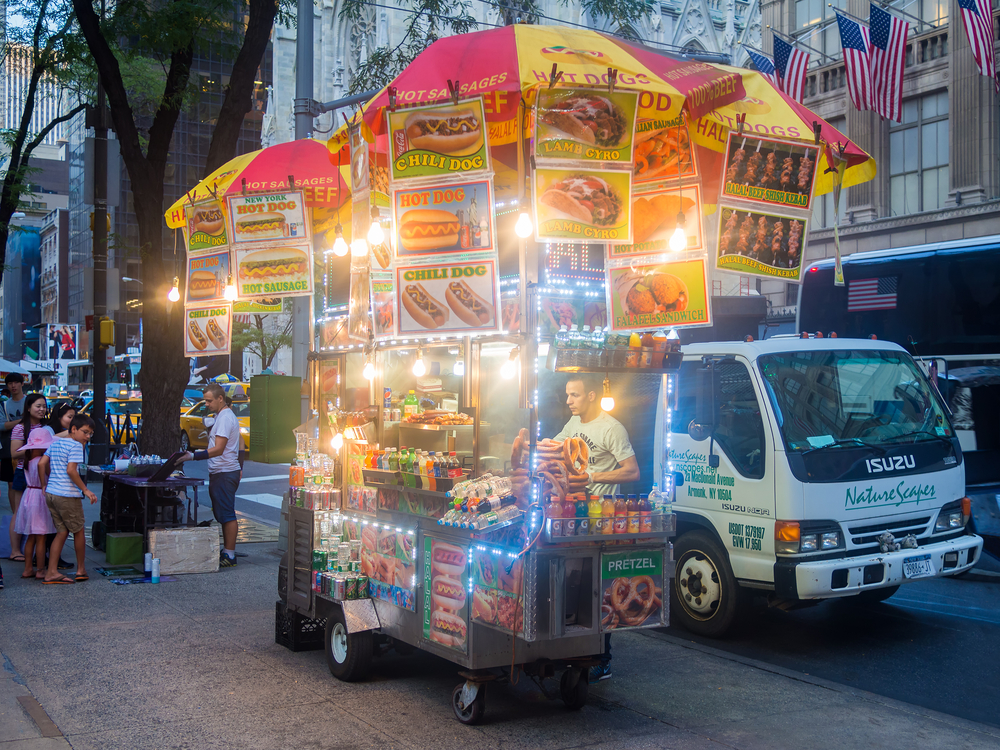As noted above, the argument against central planning is even more general than the argument about prices. It also applies to government policy during a pandemic. Among the important factors that governments do not have nearly enough information about are people’s health, their resistance to disease, their attitudes to risk, or their financial circumstances to decide which industries, which jobs, or which sectors of the economy to shut down or limit. Health, for example, varies widely, as do people’s attitudes to risk. Governments cannot take all these factors into account when making overall plans for an economy. This is true whether the central planning is by federal governments, state governments, or local governments.
Although Hayek argued that even if there were no problem of incentives under socialism it would not work, there are in fact major incentive problems under socialism, which Hayek never denied. And the massive incentive problems with central planning to deal with COVID-19 became apparent early on.
This is from David R. Henderson, “The Abject Failure of Central Planning During COVID,” in Donald J. Boudreaux, COVID-19: Lessons We Should Have Learned,” Fraser Institute, 2022. It was published online earlier this month.
Another excerpt:
It’s this kind of experimentation that was not allowed in most states or in any provinces or territories. One might think that allowing such freedom would put at risk people who are afraid of the virus. It would. But they are free to isolate themselves. Which is better? Isolating everyone by force or the threat of force, or letting people choose whether to isolate or not?
Moreover, when individuals and firms make decisions to deal with COVID, they can take account of local information. They also have better incentives: if their plans don’t work well, they bear a substantial portion of the cost. So, for example, if a hairdresser in California had been allowed to stay open (for the first many months they were not so allowed), she and her clients could learn from experience just how risky the transactions were. Many customers would be paying close attention and, especially with modern technological innovations like Yelp, many potential customers would have paid attention also.
And finally:
It never makes sense, in a world of millions of goods and services, to try to minimize one thing, in this case, COVID infections and deaths. Tradeoffs are huge and important. To analogize to the case of socialist central planning, it would be as if an economy’s central planners decided to maximize the amount of bread—and forget about eggs, other foods, home heating, transportation, clothing, and health care.
Read the whole thing.
The picture above is of Anthony Fauci. He wasn’t literally a central planner because he had little power. But for at least the first few months of COVID, most governors in the United States followed his and Deborah Birx’s advice, shutting down major parts of the economy and regulating other parts of the economy.

















Comments 1